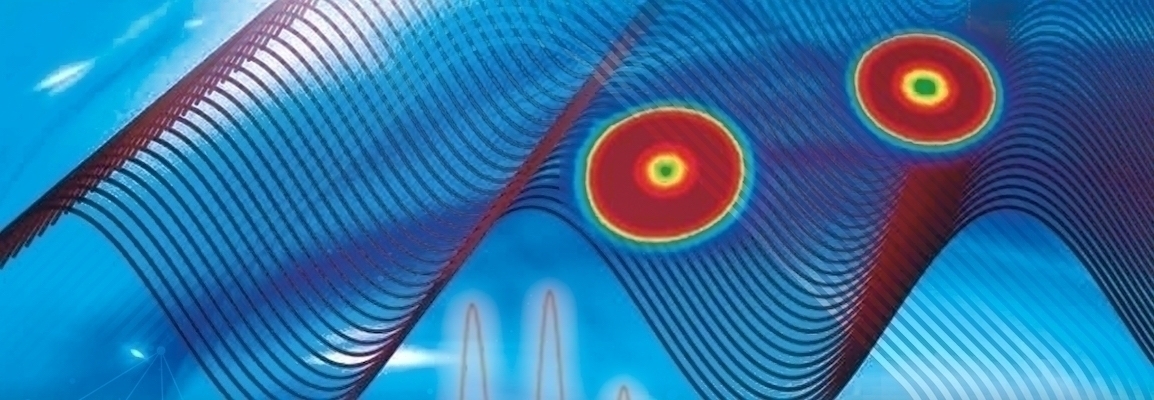

Introducing the Next Revolution in EPR, the Rapid Scan Accessory
This seminar will introduce the Rapid Scan Accessory and show how Rapid Scan will provide valuable information in a research environment. The individual components of the Rapid Scan Accessory will be discussed in detail. The influence of experimental parameters on the rapid scan data will be explored with relevant samples. Examples include the demonstration of sensitivity improvement, the detection of time sensitive samples, and short lived reaction intermediates.
What to Expect
Why Rapid Scan will revolutionize EPR.
- Hardware overview
- Experimental aspects
- An example from protein binding
- Compatibility
Who Should Attend?
- Chemists and biologists
- Material scientists
- Polymer chemists
- Industrial scientists
- EPR and NMR spectroscopists
- DNP users
- Educators
- Research group leaders
- Magnetic resonance lab managers
- Post-doctoral researchers
- Ph. D. candidates
Speakers
Dr. Patrick Carl
Applications Scientist Bruker BioSpin Rheinstetten, Germany
Patrick Carl began his EPR career during Ph.D. research at the University of Iowa after obtaining a B.S. from Winona State University. After initial research with CW-EPR, he proceeded to explore the field of FT-EPR and High Field EPR at the Weizmann Institute of Science, as a post-doctoral researcher. At the end of his post-doctorate, Patrick joined Bruker in 2003 and began working as an application scientist in EPR.
Dr. Sylwia Kacprzak
Market Product Manager
Sylwia Kacprzak received her M.Sc. degree in Chemistry at the University of Maria Curie Sklodowska in Poland. Her EPR career began during her Ph. D. research at the University of Würzburg with a focus on investigations of the electron paramagnetic resonance parameters of bioradicals by density functional methods. Two postdoctoral positions followed at FU Berlin and University of Freiburg, where she gained extensive expertise in CW-EPR and FT-EPR techniques taking advantage of her theoretical background. In 2016, Sylwia joined Bruker as an Applications Scientist.